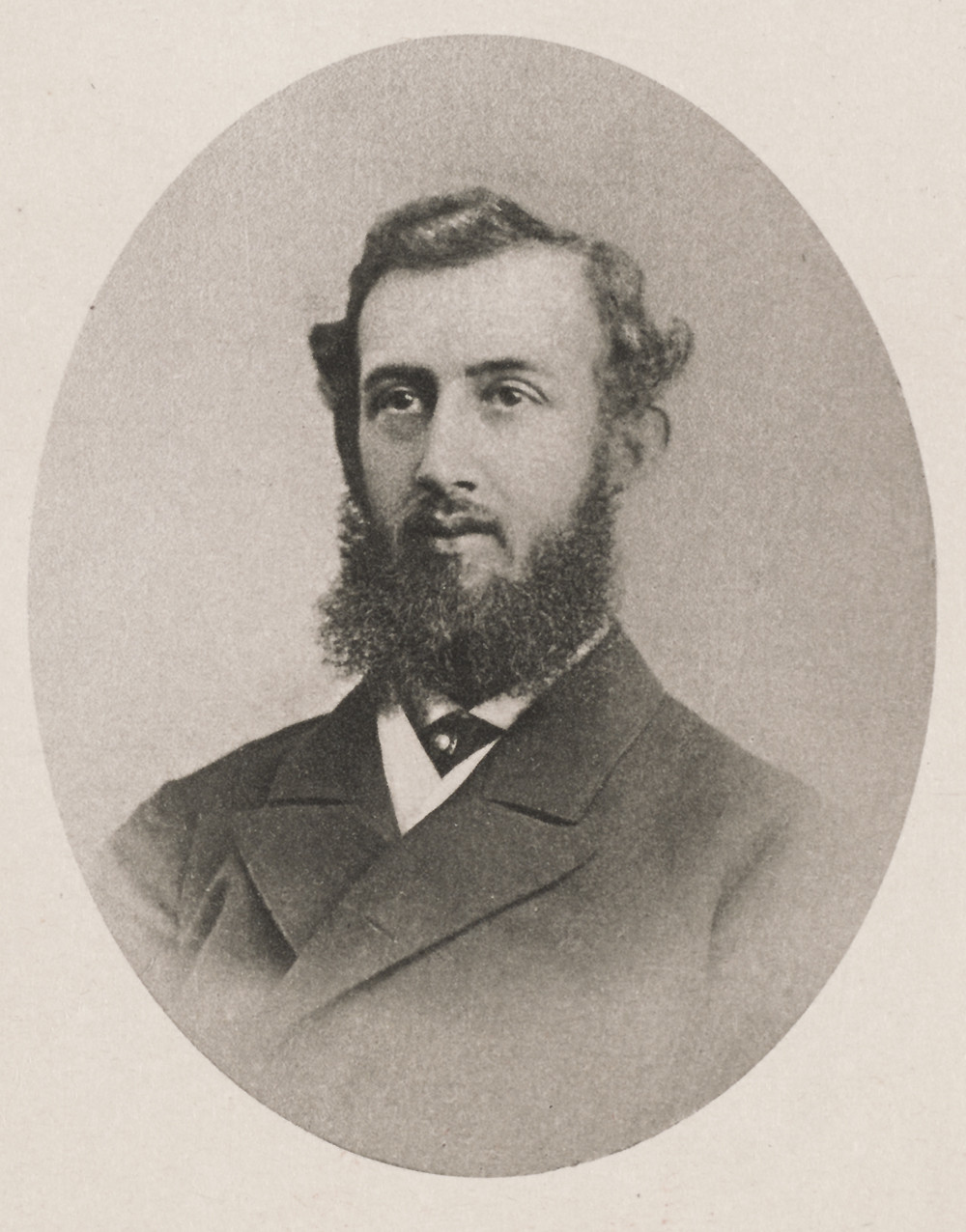Bad Request
Your browser sent a request that this server could not understand.
Apache Server at dcp-public.lib.cam.ac.uk Port 443

Darwin in letters, 1882: Nothing too great or too small
Summary
In 1882, Darwin reached his 74th year Earthworms had been published the previous October, and for the first time in decades he was not working on another book. He remained active in botanical research, however. Building on his recent studies in plant…
Matches: 14 hits
- … chlorophyll by examining thin slices of plant tissue under a microscope. When not experimenting, he …
- … in February he began to feel more weak than usual. To Lawson Tait, he remarked, ‘I feel a very old …
- … early April, he was being carried upstairs with the aid of a special chair. The end came on 19 April …
- … 1881. But some of his scientific friends quickly organised a campaign for Darwin to have greater …
- … the nature of their contents, if immersed for some hours in a weak solution of C. of Ammonia’. …
- … In January, Darwin corresponded with George John Romanes about new varieties of sugar cane produced …
- … Quarterly Review , owned by Darwin’s publisher John Murray, carried an anonymous article on the …
- … or later write differently about evolution’ ( letter to John Murray, 21 January 1882 ). The author …
- … himself to so dreadful a man, as Huxley’ ( letter to John Collier, 16 February 1882 ). Collier had …
- … be the same without my consciousness?’ ( letter from John Collier, 22 February 1882 ; T. H. Huxley …
- … and admirers. One of the most touching was from John Lubbock, whose interest in natural history at …
- … we adjourned as a small tribute of respect’ (letter from John Lubbock to Francis Darwin, 20 April …
- … ). Darwin’s former mentor at University of Cambridge, John Stevens Henslow, was not a …
- … Origin, a number of Darwin’s friends, Huxley, John Lubbock, and Charles Lyell, each addressed the …
List of correspondents
Summary
Below is a list of Darwin's correspondents with the number of letters for each one. Click on a name to see the letters Darwin exchanged with that correspondent. "A child of God" (1) Abberley,…

Darwin in letters, 1875: Pulling strings
Summary
‘I am getting sick of insectivorous plants’, Darwin confessed in January 1875. He had worked on the subject intermittently since 1859, and had been steadily engaged on a book manuscript for nine months; January also saw the conclusion of a bitter dispute…
Matches: 26 hits
- … about species, and botanical research had often been a source of personal satisfaction, providing …
- … intermittently since 1859, and had been steadily engaged on a book manuscript for some nine months. …
- … ‘I am slaving away solely at making detestably bad English a very little less bad.’ The …
- … edition of Climbing plants , which he hoped to publish in a single volume along with the material …
- … by various controversies. January saw the conclusion of a long-running dispute with the zoologist St …
- … year, he campaigned vigorously against the blackballing of a young zoologist, Edwin Ray Lankester, …
- … In January, the protracted dispute with Mivart came to a close. The final chapter of the controversy …
- … On 8 January , he told Hooker: ‘I will write a savage letter & that will do me some good, if I …
- … with much advice and assistance from his family, he sent a curt note to Mivart on 12 January , …
- … Hooker and Thomas Henry Huxley. Because Mivart was a distinguished zoologist, a fellow of the …
- … journalism, depicting the anonymous reviewer (Mivart) as a blind antagonist of ‘all things Darwinian …
- … have also greatly honoured George. You have indeed been a true friend.’ Hooker was hampered by his …
- … .’ Hooker also directed some of his anger toward John Murray, the publisher of the …
- … Instead of supporting her, he worked closely with Huxley and John Burdon Sanderson to draft an …
- … Edward Emanuel Klein, a German histologist who worked with John Burdon Sanderson at the Brown Animal …
- … to pay the costs for printing an additional 250 ( letter to John Murray, 3 May 1875 ). In …
- … the book in the Academy , 24 July 1875, by Ellen Frances Lubbock: ‘in Utricularia they are …
- … That ever you were born (letter from E. F. Lubbock, [after 2 July] 1875). Back …
- … further research on the effects of grafting by George John Romanes. A scientific friendship had …
- … thousand pardon & more’ ( letter to Francis Darwin, [ c . February 1875?] ). By May, having …
- … in parish affairs (see Correspondence vol. 21). Lubbock tried to bring about a …
- … also you intended to slight him.’ Darwin assured Lubbock that he never meant to show …
- … 24 December , Emma wrote triumphantly to the former vicar, John Brodie Innes, that a new reading …
- … Darwin had hoped to arrange for the meeting to take place at Lubbock’s home, High Elms, so that he …
- … within the short time I can talk to anyone’ ( letter to John Lubbock, 3 May [1875] ). Finally it …
- … began corresponding with the Birmingham surgeon Lawson Tait, a specialist in gynaecology. Darwin was …


